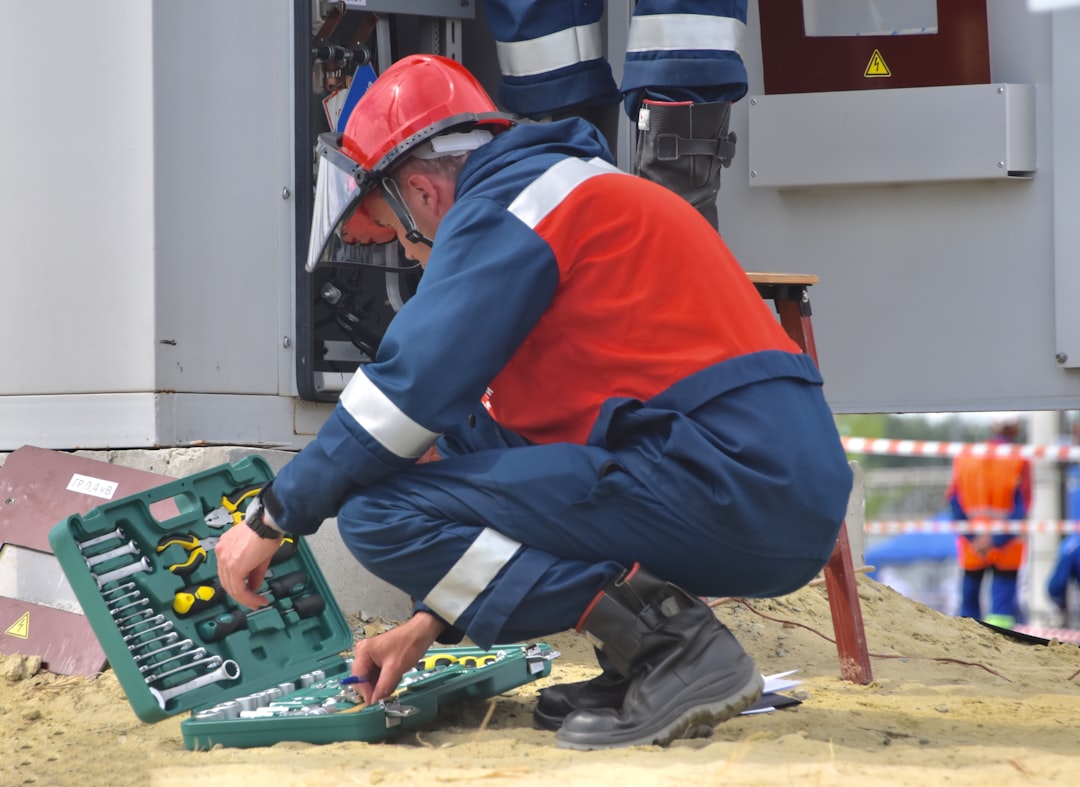
1. Understanding the Importance of Water Well Drilling
Having access to clean and potable water is essential for human survival. In areas where municipal water supply is scarce, water well drilling becomes a viable option. Drilling a water well can provide a reliable source of water for irrigation, livestock, and household use. Alpine, Texas, being a rural area, relies heavily on water supply, making water well drilling a crucial aspect of daily life.
3. Factors Affecting Water Well Drilling in Alpine, Texas
Before drilling a water well, it’s essential to consider several factors that affect the drilling process and the quality of water produced. These factors include the geology of the area, water table depth, well construction, and maintenance. The geology of Alpine, Texas, is characterized by limestone, dolomite, and sandstone formations. These formations can affect the quality of water produced, and it’s crucial to understand the local geology before drilling a well.
7. Choosing the Right Drilling Method
There are two primary methods of water well drilling: rotary drilling and percussion drilling. Rotary drilling is the most common method used in Alpine, Texas. This method involves using a drill bit attached to a rotary drill to create a hole. Percussion drilling, on the other hand, uses a cable tool to create a hole. The choice of drilling method depends on the geology of the area and the type of well being drilled. In Alpine, Texas, rotary drilling is the most preferred method due to the local geology.
9. Drilling Process and Equipment
The drilling process involves several stages, including site selection, drilling, casing, and well development. Site selection involves identifying a suitable location for the well, taking into account factors such as distance from potential sources of contamination and accessibility. Drilling involves creating a hole using a drill bit attached to a rotary drill. Casing involves installing a casing pipe to line the well and prevent collapse. Well development involves flushing the well to remove any sediment and debris.
11. Importance of Well Maintenance
Regular maintenance is crucial to ensure the well continues to produce clean and potable water. Maintenance involves regular testing of water quality, inspecting the well for signs of damage, and performing routine repairs. In Alpine, Texas, it’s recommended to test the water quality at least once a year to ensure it meets the local health standards.
13. Common Issues with Water Wells in Alpine, Texas
Like any other system, water wells can experience problems. Common issues with water wells in Alpine, Texas, include low water yield, poor water quality, and corrosion of well casing. Low water yield can be caused by a decrease in the water table, while poor water quality can be caused by contamination from nearby sources. Corrosion of well casing can be caused by the presence of corrosive minerals in the water.
15. Conclusion
Drilling a water well can provide a reliable source of water for irrigation, livestock, and household use. In Alpine, Texas, it’s essential to understand the local geology, choose the right drilling method, and maintain the well regularly to ensure it continues to produce clean and potable water. By following the guidelines outlined in this article, you can ensure a successful water well drilling experience in Alpine, Texas.